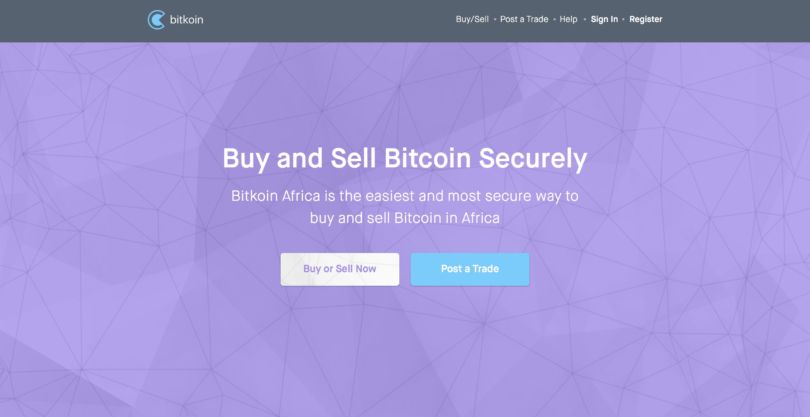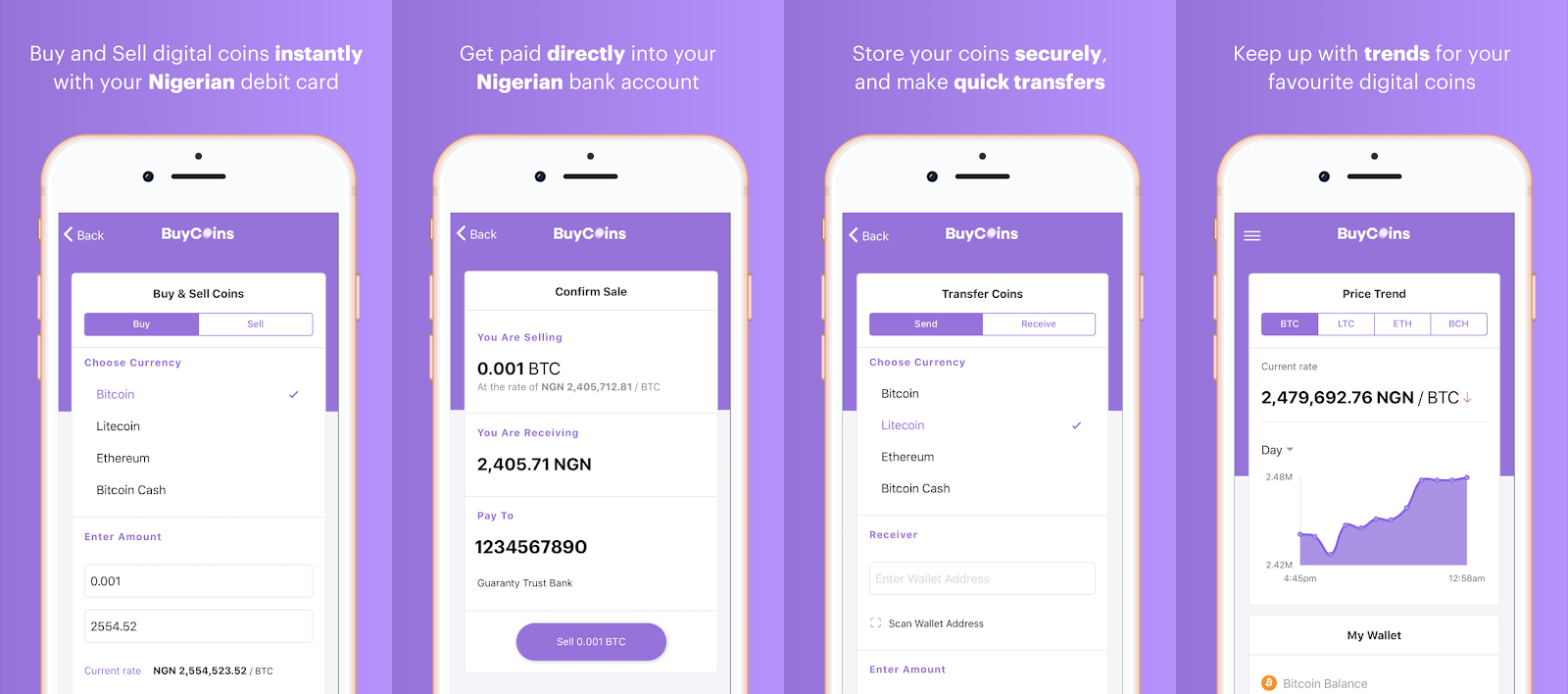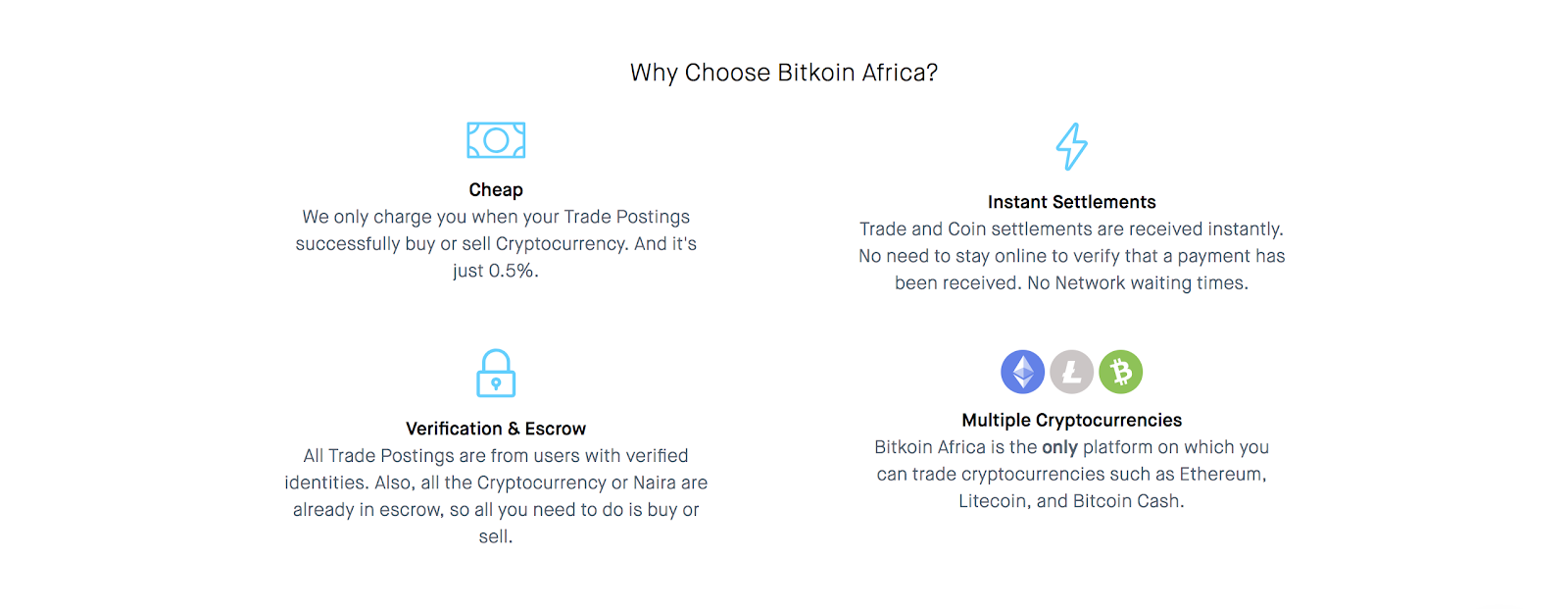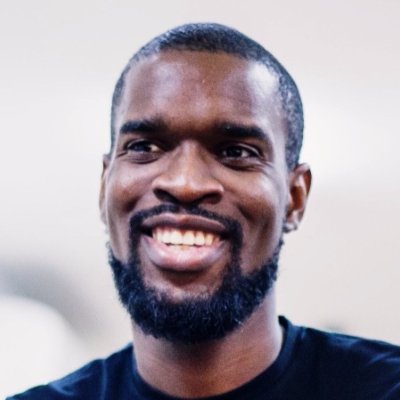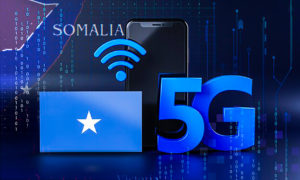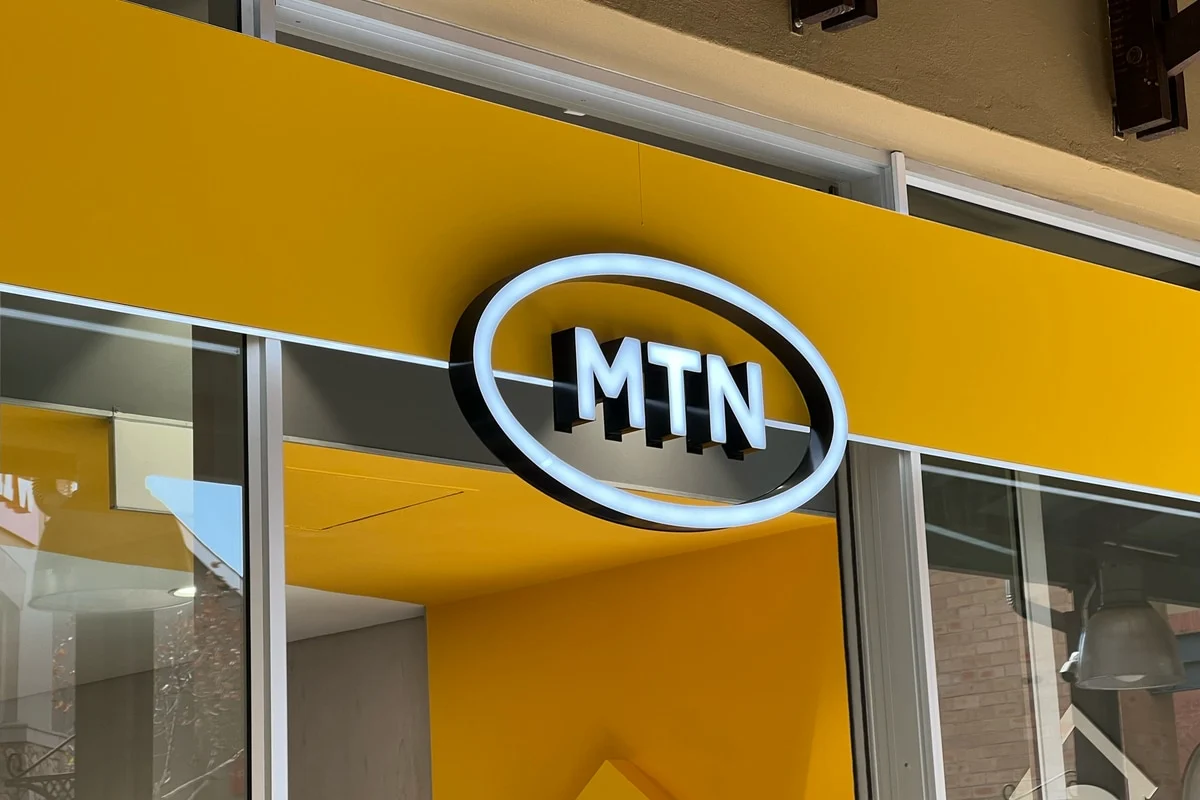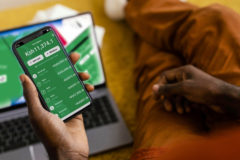Founders
- Timi Ajiboye, CEO/CTO. He is a self-taught multidisciplinary software developer. He has extensive experience with different aspects of software creation; Front & Backend web, Android, iOS, IoT, Machine Learning and Virtual Reality development.
- Ire Aderinokun, Lead Frontend Developer. She is a User Interface Designer, Front-End Developer and a Google Developer Expert. She formerly worked as a the CTO for Big Cabal Media and most recently as a Frontend Developer for eye/o.
How we first met
I met Timi at an offline event in Lagos and we got talking. The conversation drifted towards a project he was currently working on in the digital asset/cryptocurrency space. I was automatically interested because a few months leading up to this conversation, I had began to spend a lot of hours daily, devouring anything I could read about cryptoassets. Over time, I had developed a deep intellectual curiosity about the space. I told him to inform me when he had a prototype. A couple of weeks later, Timi invited me to his house to check out the MVP and I immediately knew I was going to invest. I understood the technical difficulty in trying to build a fiat-gateway for cryptocurrencies and was impressed by the progress he and Ire had made in a short space of time.
Problem
It’s quite difficult to buy and/or sell Bitcoin (BTC) and other cryptocurrencies in Africa. Currently, in some countries, Bitcoin exchanges exist but they don’t provide the best possible experience with little or no barrier to entry. Card payments or direct bank payments aren’t possible which are inconvenient on their own but they lead to other issues:
- For P2P exchanges, there’s a need to trust the individual seller/buyer.
- Trades/transactions aren’t instant.
- There’s a higher chance of fraud and even when the exchange resolves this, it often takes time.
- P2P exchanges often require that users are online when trades are in progress.
Furthermore, moving money (both fiat and cryptocurrency) across borders is still unnecessarily difficult and expensive.
Solution
By combining the core functionality of a cryptocurrency exchange with indigenous payment processing solutions, it’s possible to create a customer-centric service that:
- Eliminates the need for trusting individual sellers/buyers
- Make instantaneous purchases and remittances possible.
- Eliminates fraud.
- Makes it needless for users to be online during an ongoing trade.
In addition, by creating a system where fiat and cryptocurrencies are being exchanged, it provides a framework upon which a truly fast, cheap service for moving money across borders.
Market
Previously, the most common asset classes available to retail investors were stocks and bonds. Unfortunately, most Africans don’t participate in capital markets globally or locally and therefore miss out on opportunities to create or compound wealth for themselves. Cryptoassets presents a unique opportunity for Africans to inexpensively participate in a global and fast-growing asset class that has the potential to have significant upside.
We know it’s a fool’s errand to predict the future market capitalization of cryptoassets, and with the caveat that past performance is generally a poor indicator for future returns, cryptoassets are, in my mind, the most compelling alternative asset class of the 21st Century. Ignoring last year’s bull & bear markets i.e. the run up from $1,000 to ~$20,000 and recent correction to ~$6,000, historically between 2010-2017, the compound annual returns of BTC was 332% versus the S&P 500 (14.6%), Nasdaq 100 (18.0%) and DJIA (13.8%). An investment in an index of the top 10 cryptoassets will also outperform an investment in BTC on it’s own by 50%.
Less than 1% of Africans own cryptoassets today and we believe there’s is a significant opportunity to grow the number of African who will own this asset class as it develops over time.
The Team
Why we believe in/backed this team
A company like Bitkoin Africa needs founders that have the technical expertise to develop the technology required to build a crypto-fiat gateway and exchange. Ire and Timi are not only highly technical & competent founders who fit this description, they are learners — both of them are self-taught developers who show a real passion to explore and learn the latest frameworks & technology stacks. The development tools & languages for Blockchain & Digital assets are rapidly evolving, so this is a strong plus for the team. The investment in the Bitkoin Africa team wasn’t necessarily about one particular product. It was more about the confidence that the team can build what the market wants/needs from cryptoassets in Africa.
Timi has built so many products with a previous studio company. He was one of the first Nigerian developers on Gigster and most recently worked as a blockchain developer for a startup in Tel Aviv. He is also a self-taught machine learning developer. Ire on the other hand is a Google Developer Expert and literally one of the best frontend developers & designers I know. So there was no doubt about the quality of the team technically but we knew we would have to figure out product marketing through other channels.
Product
At the time we invested in the Bitkoin Africa team, they were building the first version of the product. Timi & Ire had developed a working prototype with a decent amount of key functionality. The very first version of the product was a web-based peer-to-peer exchange platform, but over the last few months they worked on v2 called Buycoins, a cash-to-crypto app that makes it even easier to start owning cryptoassets.
Cryptoassets are inherently volatile and most people who invested at All-Time-Highs between December 2017 and January 2018 are currently down by 50-70%. The easiest and minimum-risk way to participate in cryptoassets is to invest about 2-5% of your monthly income in a portfolio or index of cryptoassets, and hold for the long-term (2-5 years) regardless of its short term price. In the coming months, Buycoins will automate this strategy similar to how Cowrywise helps automate savings. They are also working on APIs that will allow other consumer fintech companies enable their users to do manual or automated crypto transactions.
Competition
In terms of competition, there are other localized alternatives and exchanges that aren’t supporting African countries as of today. Any global cryptocurrency exchange in the world is a potential competitor, however we believe they will not prioritise Africa as they will be focused on expanding into “obvious” markets or growing their market share in existing markets. There are also local startups trying to solve the same problem but with issues surrounding higher than global average asset prices and unnecessary product complexities. We believe Bitkoin Africa could be the company that makes cryptocurrencies more accessible for the average African retail investor. Ultimately, it is too early to focus on competition as less than 1% of people own cryptocurrencies in the world, and even less on the continent. It is therefore important to focus on increasing the number of people that own cryptocurrencies in a way that it doesn’t overexpose them to total risk of capital loss.
Traction
Our investment in Bitkoin Africa is the true definition of microtraction. I believe when a good opportunity (in this case, a large, fast-growing market) meets a good entrepreneur, great things happen. Although I have known about cryptoassets since 2013, my deep dive into blockchain and cryptoassets came in early 2017 when two prominent investors I follow on Twitter – Naval Ravikant, Founder of AngelList and Gary Tan, Former Partner at YC – started talking a lot more often about cryptocurrencies, blockchain and its potential applications. Buying cryptocurrency at the time was pretty difficult for me and I couldn’t find very good alternatives as they were either non-existent or missing key features and more importantly weren’t focused on the African consumer. Investing in Bitkoin Africa was less about traction and more about finding highly technical entrepreneurs who had already committed to solving this problem and building a great product. Timi and Ire were a perfect fit.
Conclusion
This investment is about convexity, that is, we have limited downside and unlimited upside. The downside is the total loss of our investment capital but the upside is being able to play a role in helping build a company that democratizes not just access to cryptocurrencies, but an open financial infrastructure that has the potential to enable a variety of things from remittances, credit, insurance, capital formation to decentralized store of value. I believe that the founders of Bitkoin Africa are well suited to navigate the opportunities or challenges to come.
Thanks to Dayo Koleowo, Adaobi Adibe and Tola Agunbiade for reading drafts of this.
Until Next time….
Semper Fi,
YB
Yele Bademosi is the founder and managing partner at Microtraction, an early-stage investment fund that invests in Africa’s most remarkable teams with technical founders at the earliest stage of their venture.







